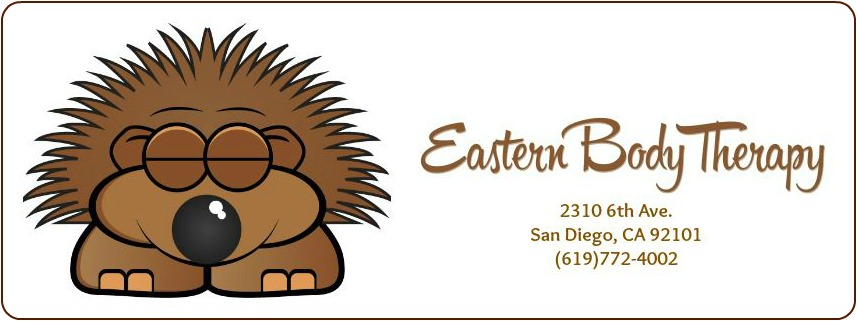 |
||
|
||||||||||
| About Us | ||||||||||
|
||||||||||
| Schedule Appointment | ||||||||||
| Help For Your Health | ||||||||||
|
||||||||||
| Testimonials/Success Stories | ||||||||||
| Our Blog | ||||||||||
 Yelp About Us Yelp About Us |
||||||||||
| Newsletter Archives | ||||||||||
| Resources and Links | ||||||||||
| FAQs | ||||||||||
| Home |
Acupuncture & Craniosacral Therapy Helpful for TMJ Problems
What is the TMJ? | Do I Have a Problem? | What Do I Do? |
Do you or someone you know suffer from frequent headaches, jaw pain, tooth grinding (bruxism), and toothaches, but have a clean bill of health from the dentist? If so, you may have a problem with your temporomandibular joint (TMJ). The TMJ is the joint between your mandible (the lower jaw bone) and the temporal bone on the side of your head. It is a relatively small joint, which contains a disc just like your spine. When you open your jaw, the disc needs to pull back and out of the way, and when you close the jaw the disc moves back into its resting position. There are two muscles which control the movement of this disc, the medial and lateral ptyrgoid muscles. If these muscles become too tight or too weak, the disc can’t move correctly and it can feel as if the jaw “sticks” causing it to be difficult and/or painful to open the jaw. Other muscles involved in chewing which can become quite tight and sore when the TMJ is not working correctly are the masseter, the temporalis, and the buccinators. back to top Symptoms of TMJ dysfunction can include:
TMJ conditions are often stubborn to treat, and fall into a grey area between medicine and dentistry. Often, medical insurance will refuse to pay for TMJ treatment because they see it as a dental problem, and dental insurance will refuse to pay because they see it as a medical problem. Additionally, there are very few medical practitioners who are comfortable addressing issues relating to the TMJ. Here in San Diego, there are several dentists who have made treatment of the TMJ their specialty. Treatment typically begins with night guards or prosthetic splints which attempt to keep the jaw in a neutral position while at rest. Braces may be recommended to align a less than perfect bite. More “radical” treatment may include correcting a bite by putting crowns on every tooth, or surgically fracturing the jaw and wiring it together in a new alignment. Acupuncture can be extremely effective for relief of the pain associated with TMJ conditions. It can also relieve the side effects of headache and dizziness. Craniosacral therapy can be used to release the tension in the ptyrgoid muscles, allowing more functional movement of the disc within the TMJ. Manual therapy and acupuncture can also be used to relieve muscle tension in the temporalis, masseter, and buccinator muscles, which can lead to significant relief from the pain and clicking associated with TMJ dysfunction. If you think you or a friend may have a TMJ problem, call me for a free telephone consultation about your case – I can probably help! back to top
|
*DISCLAIMER: Testamonials used on this site are real comments made by people who have worked with us. As with any medical treatment, we cannot guarantee results and individual experiences may vary.
Images of people on this site are used for illustrative purposes only. The models depicted should not be construed to endorse any products or services promoted on this site, nor should they be construed to have any healthcare issues discussed on this site.Copyright © 2001-2017 Eastern Body Therapy. All Rights Reserved.
